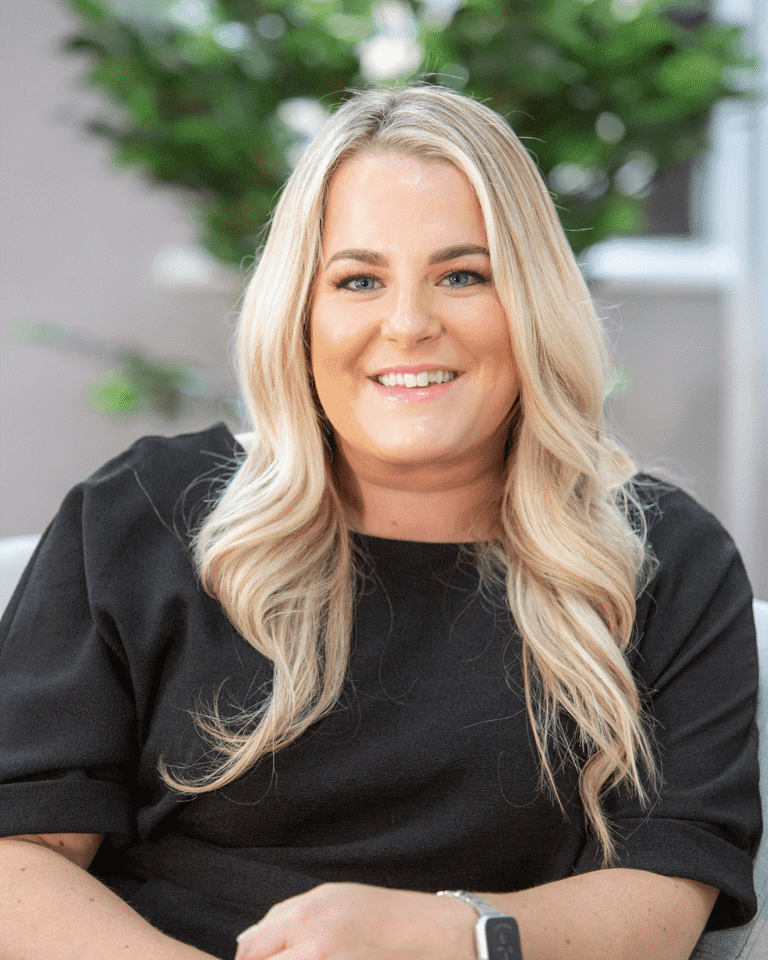Often, issues arising from a family breakdown will lead to legal proceedings, and you may think that going to court is your only course of action. However, family mediation is designed to assist you and the other person in the relationship, enabling you to discuss any issues in a relaxed and structured environment. Family law mediation provides a platform for resolving disputes amicably, with the possibility of avoiding the need for court proceedings altogether. Utilizing family mediation services can help both parties reach an agreement that works for everyone involved, reducing stress and fostering better communication.
Click here to contact us about your matter.
What is mediation in family law?
Mediation is a process that allows two people to meet together with an independent third party who will assist them in discussing any issues relating to their family breakdown and helps them to decide a way forward.
It helps to ease the tension and allows you to resolve the issues affecting the relationship, whilst keeping the lines of communication open in relation to family matters, with the aim to retain an amicable relationship moving forward.
What does a mediator do?
The mediator is independent and will help to structure and guide the discussions between both people in the relationship during the process, to achieve the most effective outcome.
Mediation can address issues relating to financial matters or the arrangements for the children, or both where necessary.
Why should I go to a mediator who is a solicitor?
Although the mediator is neutral and cannot give either person advice, having a mediator who is legally qualified means that information can be given to both members of the relationship together, that means any agreement they reach is more likely to succeed. Our solicitors who practise family law are used to the issues that are raised and can give the benefit of their experience to help both people reach their own decision. Options and suggestions can be provided and any potential agreements can be ‘reality tested’ as to their ability to be legally enforceable.
What is a MIAM?
An initial meeting called a ‘Mediation Information and Assessment meeting’ or ‘MIAM’ will take place before Mediation goes ahead. The MIAM is conducted individually enabling the meditator to discuss matters separately with each person, gaining an understanding of what issues are at hand and conducting safeguarding with each individual. The mediator will thoroughly explain the process and will answer any specific questions that each person may have. If all parties, including the mediator are willing to go ahead then mediation itself will be set up and a joint meeting arranged.
What is the benefit of family mediation?
A family breakdown is stressful and upsetting for all members of the family. Often with tensions running high, issues can escalate and quickly become extremely contentious. This will often lead to Court proceedings and eventually the Court may impose what should happen to you and your family. By allowing both members of the relationship to come together in an environment where they can be free to discuss the issues, it can give each person the opportunity to be heard and to achieve a resolution that both are more comfortable with.
By dealing with issues in this way it avoids issues escalating and helps you avoid the feeling that there is no alternative than to issue Court proceedings.
Mediation is also much quicker than going to Court and provides a much more cost-efficient way of dealing with the legal aspects requiring resolution. If both people have separate legal advice, mediation works hand in hand with that process allowing them both to narrow the areas of dispute and present the issues for specific legal advice to their solicitors in a cost effective and concise manner, aiding the resolution process further.

I have used Victoria Syvret for help in settling a very difficult divorce. I have always found her to be extremely supportive, approachable and very knowledgeable. She really knows her stuff. She also gives you that personal feeling that shows she really cares about your individual case… I would have no hesitation in recommending Victoria. Thanks so much for all your help.Mark Flanagan
If I decide I want to go to mediation what happens next?
If you would like to go to mediation you should contact the mediator directly (or ask your solicitor to do so if you have one.) As mediation is a voluntary process, both people will need to be contacted by the mediator to determine if mediation is suitable and they would both like to attend.
Then an appointment will be made with the mediator for a Mediation Information and assessment Meeting, (MIAM).
Once the mediator and both people undertaking mediation agree that they would like to enter into the mediation process a next appointment will be made to bring people together to start to talk. Each person will also sign an agreement to mediate which sets out the guidelines for mediation.
Do we have to sit in the same room?
Usually family mediation is most effective if both people sit together in the same room with the mediator. It is possible to carry out mediation with each person in separate rooms and the mediator will move between the two. People may prefer to remain separate throughout the process but it can be agreed to move into the same space during the process.
Mediation can take place virtually or in person. If virtual, people can be in the same virtual ‘room’ or kept separate depending one what is the best fit for them.
MIAMS can be conducted over the phone, virtually or in person and is another example of the flexibility of the mediation process.
How long will it take?
Each mediation session usually runs for 90 minutes, unless it has to be stopped for any reason. It can be arranged for shorter or longer if the circumstances allow, but the general starting point will be 90 minutes per session.
The number of sessions required depends on the issues but usually 3-5 sessions is adequate. The length of time in between mediation sessions will depend on each person and the information that may need to be collected in between sessions, such as supporting financial documents, but usually each meeting will be around a week or two apart. The arrangements for meetings will be made around the mutual convenience of everyone involved.

What if I try it and I don’t like it?
As mediation is voluntary if either person wants to stop the mediation at any time they can do so.
What can’t family mediation do?
Family mediation is not a counselling service and it cannot be used as an attempt to reconcile the relationship.
You cannot enforce a person to attend it must be entirely voluntary.
Any agreement that is reached is not legally binding and could not be enforced by a Court in its initial form. If both people want to, the agreement they reach can be set out in a formal agreement that can then be made legally binding.
What will it cost?
The costs of a MIAM are £125 +VAT.
The mediation costs are £250 + VAT per hour. Usually this cost is divided equally between both people involved, although one party can agree to pay.
The costs are likely to be considerably lower than if you were to use litigation or issue Court proceedings, due to the nature of mediation and the efficiency of the process.
Need to speak to an expert?
Our specialist mediators in Chester, Shrewsbury, Altrincham and The Wirral are all highly experienced and we have the capability to meet tight timescales and provide speedy mediation assistance, where and when you need it. Call us today to discuss your mediation requirements or complete our enquiry form below.
Key Contact

Victoria Syvret
Family Law Partner
Victoria is an experienced Partner within our Family Law team, with extensive expertise in guiding clients through relationship breakdowns and disputes.

